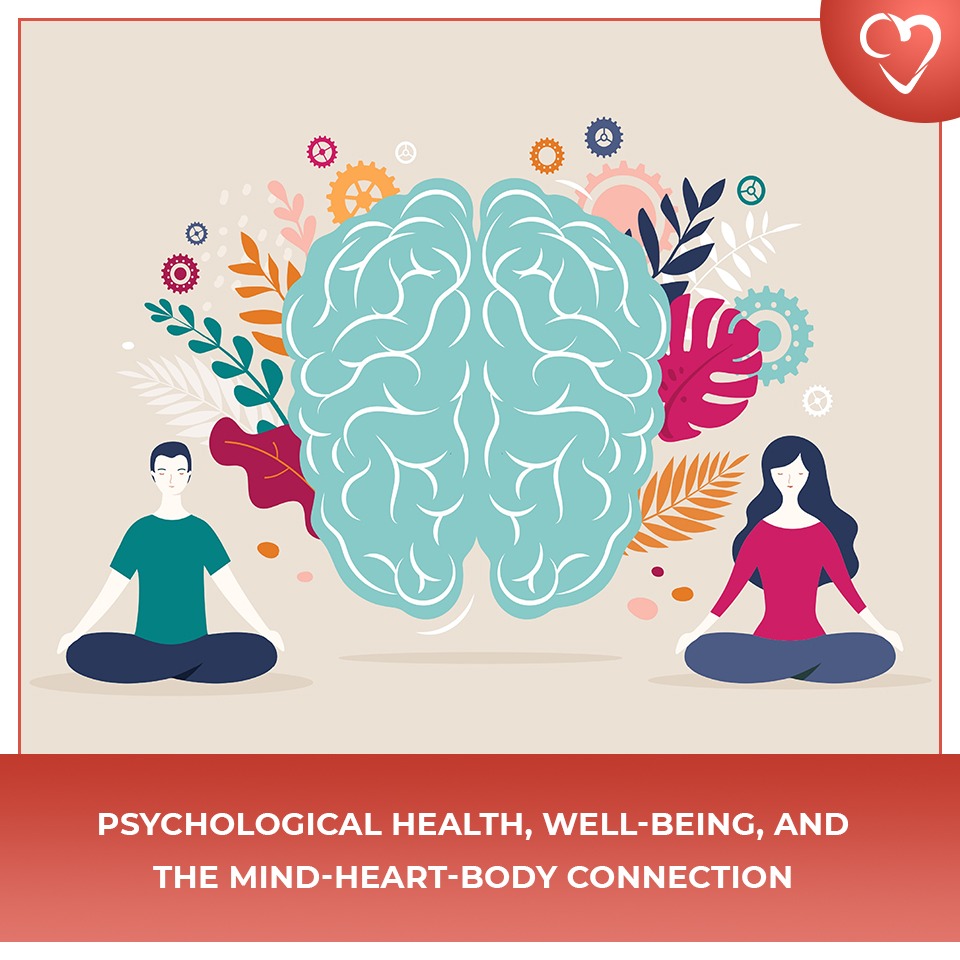
A Scientific Statement From the American Heart Association
https://www.ahajournals.org/doi/10.1161/CIR.0000000000000947
Commentary from Erin D. Michos, MD, MHS, exclusively for CardioVisual:
The Mind, Heart, Body are all interconnected. Psychological health influences physical health. Thus, cardiovascular disease should not be addressed in isolation but as part of an integrated system. Clinicians need to treat the whole person, and not just the disease state. Wellbeing is not just the absence of mental distress, but rather one’s own assessment of their life including physical health, satisfaction, happiness, and sense of fulfillment.
Both positive (favorable) and negative (adverse) psychological factors affect heart health independently of each other.
Negative psychological factors encompass depression, chronic stress, anxiety, anger and hostility, pessimism, and dissatisfaction with one’s current life.
Chronic stress or negative attributes can activate the sympathetic nervous system (fight or flight response) leading to elevated blood pressure, elevated heart rate, disruption of the body’s ability to regulate sugar, and triggering of an inflammatory response. This can cause impair the ability of the heart and arteries to function properly, and in some cases promotes a plaque rupture event that leads to a heart attack or stroke.
Positive psychological factors include optimism, gratitude, sense of purpose, satisfaction with one’s life, and happiness. Deep breathing, meditation, and other strategies can down-regulate this sympathetic activation, promote vagal (resting) tone.
Positive psychological traits can be consciously cultivated by positive thinking and mindfulness strategies, participating in intellectually stimulating activities, and having a robust social support network.
Clinical cardiology visits are an opportunity to assess psychological factors in our patients that may be impacting their cardiovascular health with the use of simple screening tools. Patients identified to have significant distress can be referred to clinical psychologists or other team members with expertise in this area. Utilizing a team-based approach to patient care, such as collaborative care programs lead to better patient outcomes.